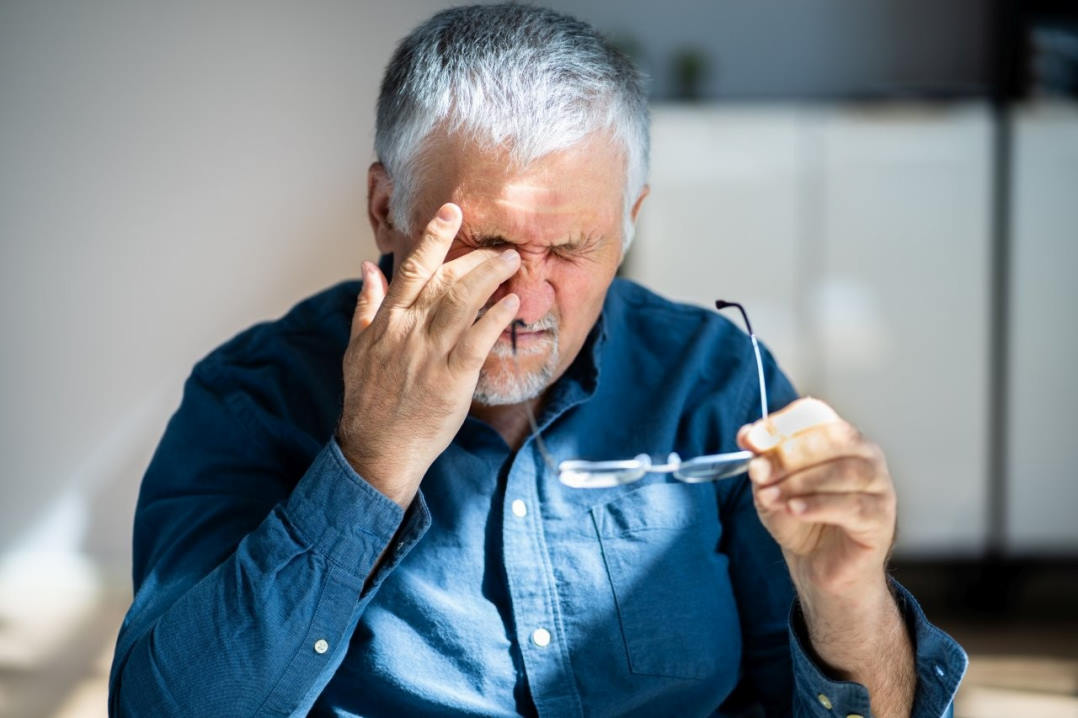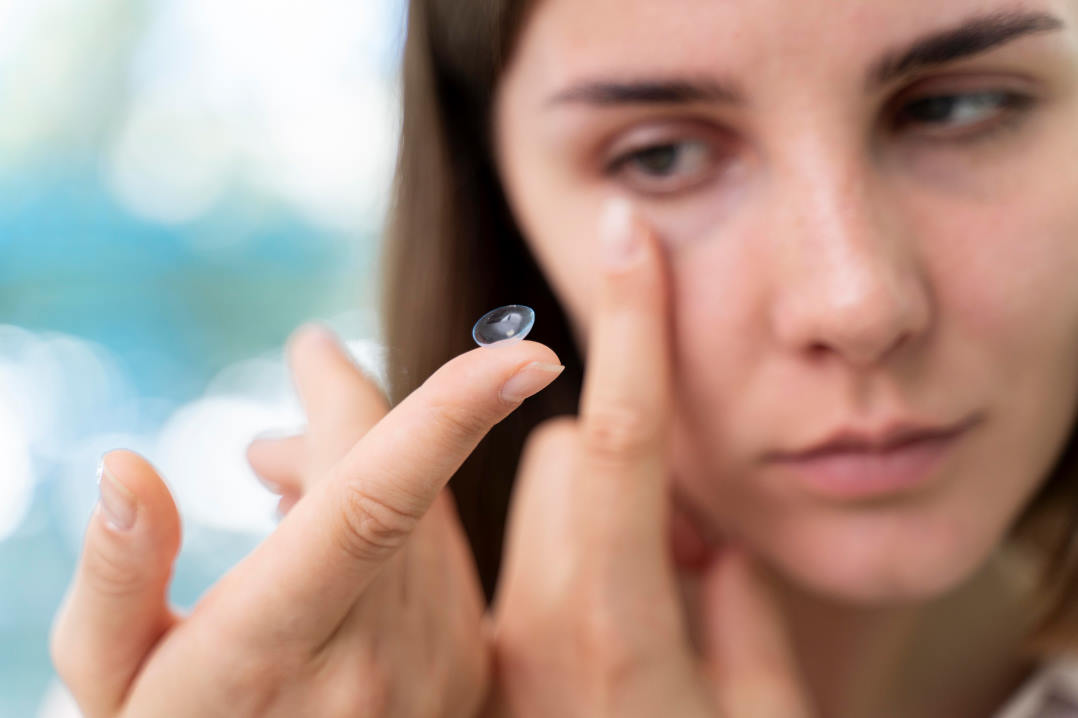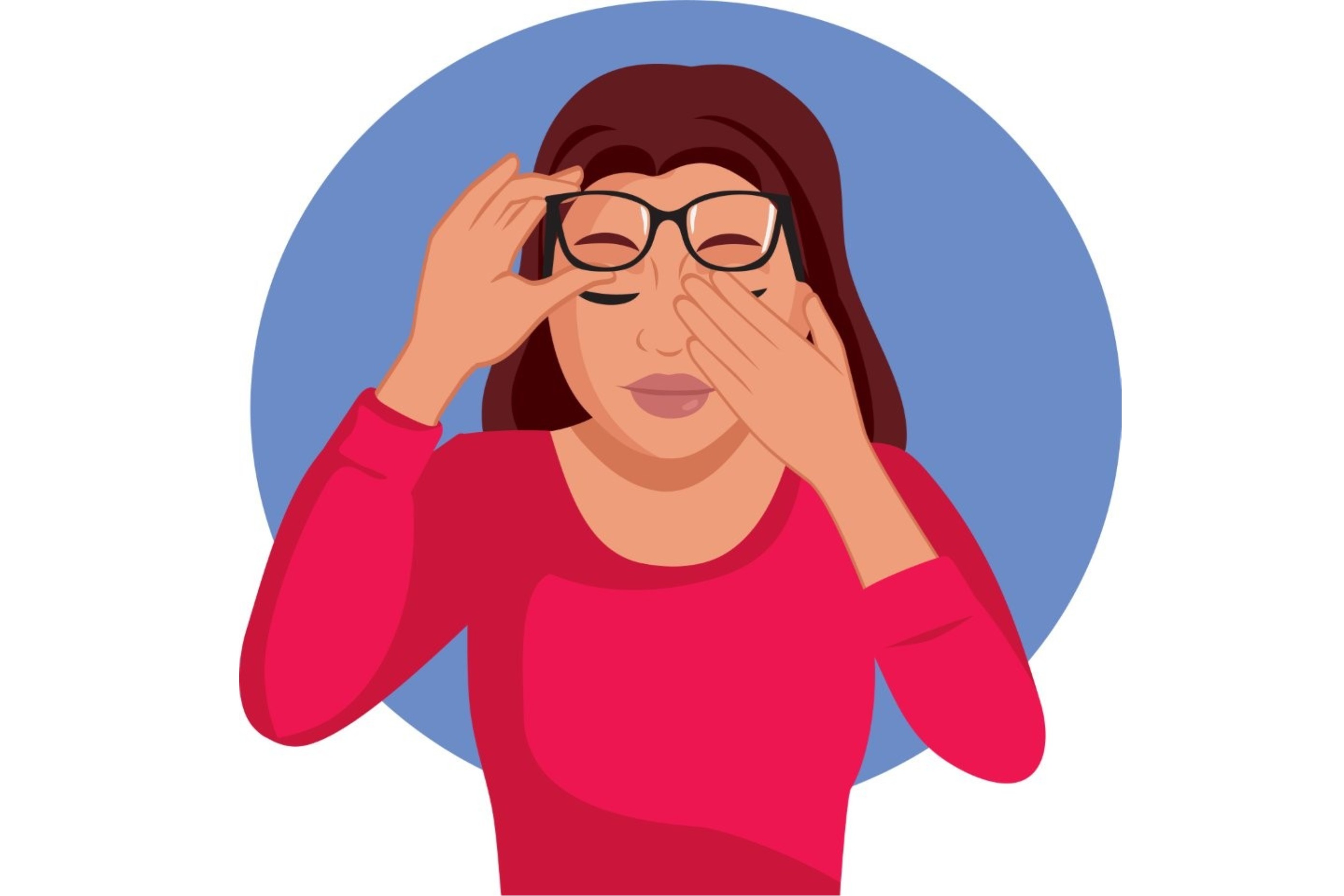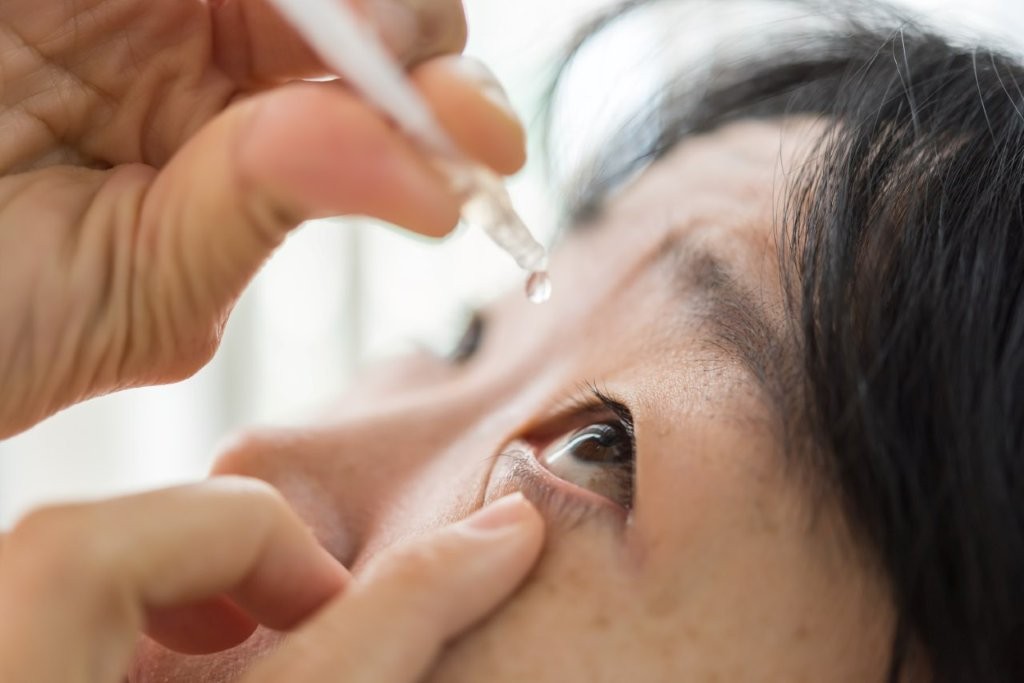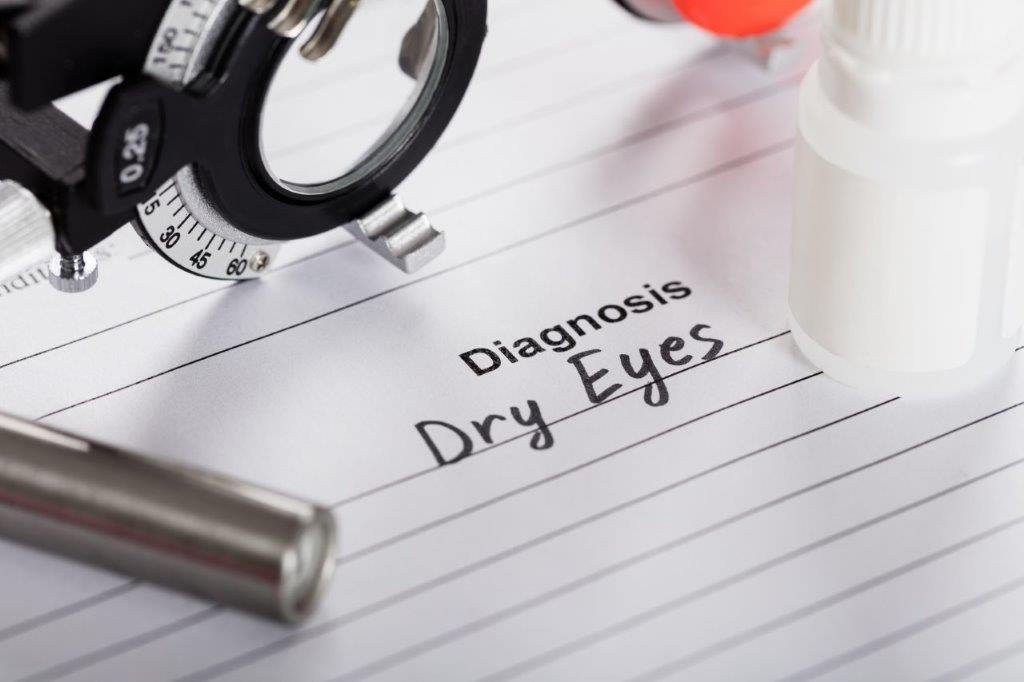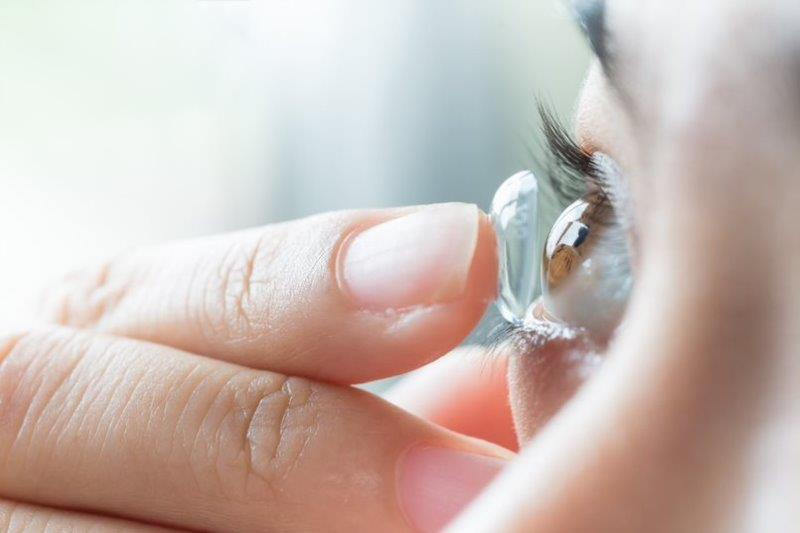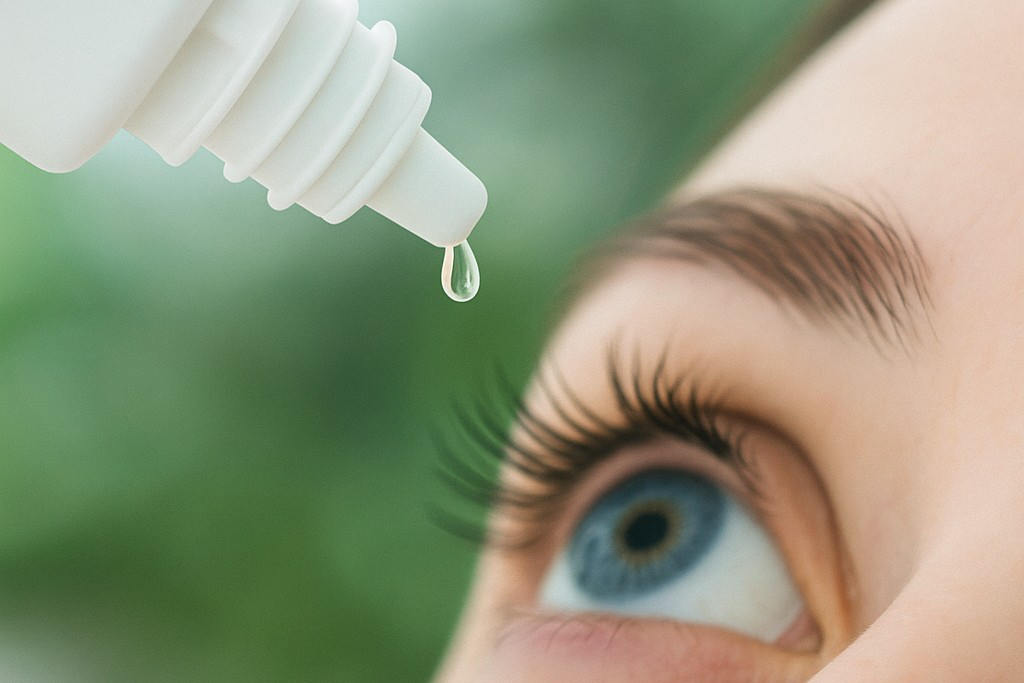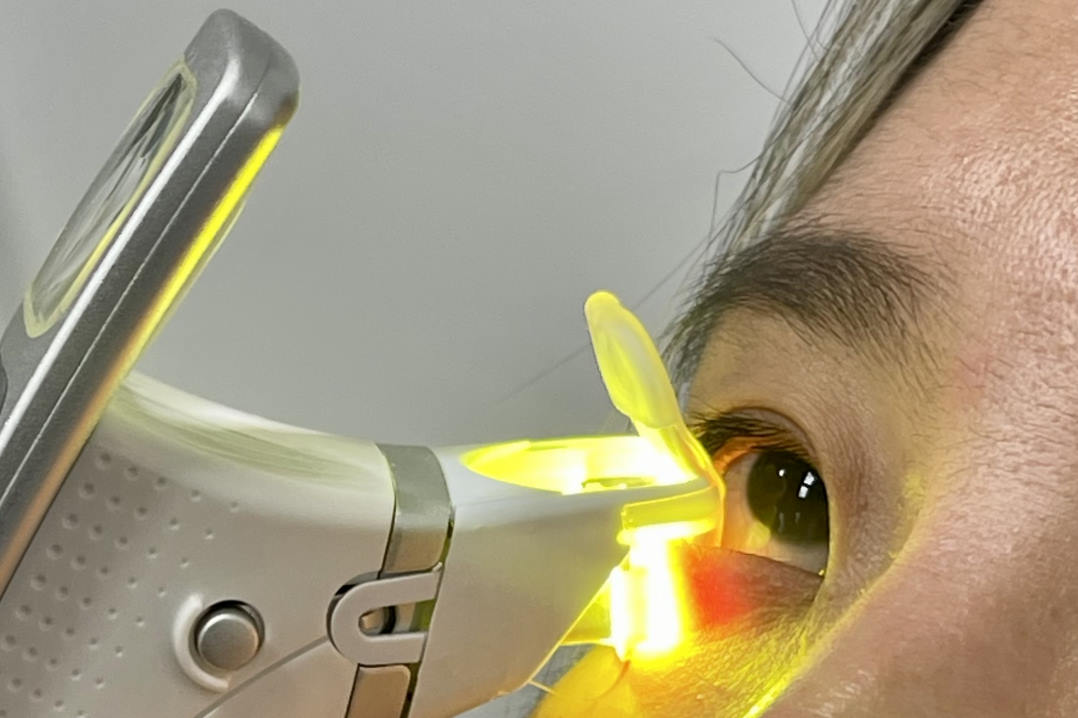Dry eye research from laboratory to practice
It really is a momentous occasion when one of the Tear Film and Ocular Surface Society’s (TFOS’) global consensus reports is published: a culmination of years of work for many people, as they translate a vision into reality. TFOS DEWS III is no exception – it serves to highlight the evolution in our understanding of dry eye disease – that will enable us to use the latest research evidence to help guide our evaluation and management of patients affected by this debilitating condition.
There are organisers, fundraisers and funders without whom the initiative would not have been possible. TFOS DEWS III involved a membership of 80 experts in the field who invested their time and energy into reviewing the thousands of manuscripts published since the 2017 TFOS DEWS II report, to create, review, revise and finalise the updated report, which you’ll find mentioned at least once or twice in this year’s Dry Eye special feature (see online and ‘Related stories’ below) and is the topic of this year’s Eye on Ophthalmology feature.
It was an immense honour to be invited to contribute to the TFOS DEWS III leadership group to help guide the creation of the harmonised reports published in the America Journal of Ophthalmology in June this year and for New Zealand clinician scientist Dr Michael Wang to be invited to be a member of the Diagnostic Methodology subcommittee, recognising the impact of his published research from our own Ocular Surface Laboratory (OSL). The diagnostic thresholds he established for a number of key tear film and ocular surface parameters, using robust statistical methods, feature prominently in the report providing referent values from which clinicians can make sound, evidence-based decisions. Some of his latest findings are showcased in the 2025 feature (see online or ‘Related stories’ below).
TFOS holds a special place in the hearts of many current and former OSL members, so we were thrilled to have such good representation at the 10th International TFOS Conference in Venice, Italy in November 2024. The meeting provided an opportunity to talk with ocular surface and dry eye experts from across the world and hear lectures from internationally renowned speakers while showcasing our own research – receiving feedback and a good dose of inspiration in return to guide our future work.
As the newly elected chair of the Board of Directors of TFOS, I’m excited to be involved with the planning of the next meetings and initiatives for TFOS.

TFOS Lifestyle report vice-chair Prof Monica Alves and chair Prof Jennifer Craig, the new TFOS chair, along with former TFOS chair, A/Prof David Sullivan at the TFOS Lifestyle Workshop meeting in the San Domenico Palace, Taormina, Sicily in September 2022
Back home, we’ve been busy as always, pushing back the frontiers in an increasingly fiscally challenging research environment. I’m not sure how well we’re doing with the ‘work smarter, not harder’ mantra coming from above, but our passionate and dedicated OSL team continues to revel in the clinically relevant work we do and the potential difference it can make in clinical practice.
Beyond the core OSL team of postdocs and doctoral, masters and honours students, we have a number of local, national and international collaborators, many of whom have written articles for this year’s feature (see online or ‘Related stories’ below). Post-docs Drs Ally Xue and Kalika Bandamwar continue their work in dry eye and are excited to have been awarded funding to explore nasal neurostimulation – a novel therapy with potential applications in Space due to its compact size, suitability for multi-user use (astronauts) and far less waste from consumables.
On the topic of Space, OSL was delighted to see the first paper published from its now established collaboration with Drs Timon Ax and Francesc March de Ribot from our research conducted aboard the parabolic flights in Europe last year (see NZ Optics’ Dry Eye 2024). Ongoing research collaborations with last year’s OSL guest visitors, Professors James Wolffsohn and Etty Bitton, have also resulted in publications, a bottle squeezability study (see Dry Eye 2025 and/or ‘Related stories’ below) and a collaborative visit to the University of Montreal for OSL’s Dr Bandamwar.
Doctoral studies are going well within the OSL. PhD student Dian Zhuang submitted her thesis earlier this year and has now been appointed as a research fellow, working with the wider Department of Ophthalmology team, headed by Professor Charles McGhee. Now ‘senior’ PhD student, Catherine Jennings is currently analysing the outcomes of her trial on periocular castor oil for blepharitis and anticipates submitting her thesis within the next year. The six-month outcomes of her earlier thermal pulsation trial are described in Dry Eye 2025 (see online and/or the ‘Related stories’ below). Paediatric physiotherapist Julie Cullen was awarded a University of Auckland Senior Health Research Scholarship and has transferred from masters to the second year of her PhD studies. Her research focuses on the impact of screen use in schools. Our newest PhD student recruit is optometrist Jordan Cooper, whom we’re delighted have join us after several years of working with the OSL in honours and summer student projects. This was made possible by the generous Syd Watters Memorial Doctoral Scholarship for which Jordan and the OSL is incredibly grateful. Jordan’s research focuses on meibomian gland dysfunction and its role in dry eye disease.
Keeping our research real, relevant and accountable is critical, so we’ve made continued efforts to maintain and grow our engagement with the public – those we care for as clinicians and for whom we strive to optimise our quality of care through research. Partnership with Iwi United Engaged has supported our engagement with Māori communities, including meeting the fabulous rangatahi of Rosehill College during their Hauora Rangahau Expo Day, a special event advancing Māori whānau and Pasifika aiga health through people-informed research, and an impactful team trip to the Waikato for a Kairangahau Wānanga held at Tūrangawaewae marae. It’s expected this community engagement opportunity will be held annually and we’re excited to be heading to Papakura Marae later this year. Closer to home, we were proud to host the Dry Eye Association New Zealand’s second Public Education & Networking Meeting, generously supported by Re:Vision Cataract and Laser. Here we were able to hear patient experiences firsthand and gather advice about the challenges, aspirations and perceived areas of greatest need from the dry eye community itself.
And so, while happy to see the TFOS DEWS III report published, there’s no sitting back and relaxing. Simultaneously we launch ourselves into continuing our own research programme to fill the gaps in our knowledge, while supporting dissemination of the key TFOS DEWS III report findings so clinicians and, importantly, the patients who are central to all our work can benefit. While the report moves us another important step forward, it doesn’t answer all the questions – in fact it’s highlighted many areas where we still lack good scientific evidence. Thus, while researchers, like ourselves, are off designing and executing high-quality studies to try to answer some of these questions, TFOS is launching a Delphi panel, a new initiative that will involve clinical and scientific experts from around the world to reach consensus on some of these remaining questions and address knowledge gaps until such time as these are superseded by robust scientific evidence. As always, we will keep you posted!
For now, the team at OSL and I hope you enjoy the 2025 Dry Eye special feature. I’d like to thank NZ Optics for once again trusting me as guest editor and all the amazing contributors from Aotearoa and beyond who’ve generously contributed their time to share some of their latest research and findings. The feature is packed with clinical and research gems to keep you up to date with the world of dry eye as well as some tips and tricks to help you advance your own clinical practice for those affected by dry eye!
Head of the OSL in the Department of Ophthalmology at the University of Auckland, Professor Jennifer Craig is a therapeutically qualified optometrist and chair of the Board of Research for the School of Medicine. She was recently elected to succeed TFOS founder David Sullivan as chair of the TFOS Board of Directors, is a global ambassador for the British Contact Lens Association and a director on the Optometry Council of Australia and New Zealand.









